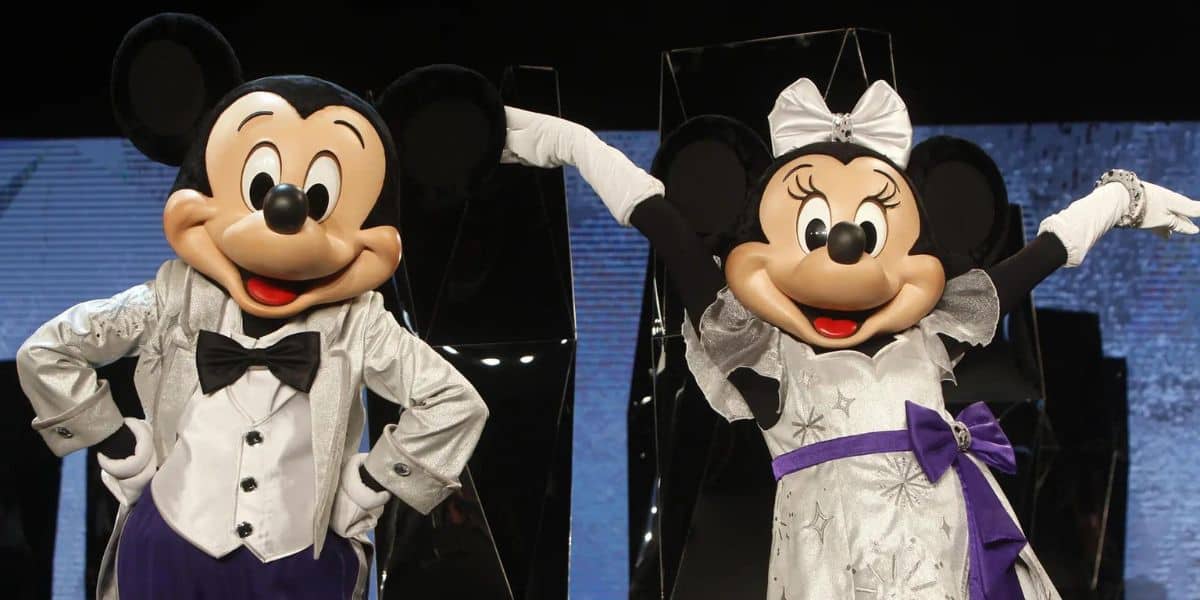Recent developments in ticket pricing at Walt Disney World have sparked significant conversation among industry analysts. In an announcement for 2025, The Walt Disney Company revealed substantial price increases across the board for admission to its theme parks.

This move aligns with a historical trajectory of incremental price hikes, yet analysts express growing concern over the sustainability of such practices.
Historically, Disney World has been known for its rising ticket prices, accommodating a variety of consumer demographics. Recent increases, however, have elicited critiques from Wall Street analysts, who argue that the latest adjustments may have crossed a threshold viewed as excessive.
Matthew Dolgin, an analyst at Morningstar, noted that there is apprehension regarding whether prices have become “a little bit out of control,” prompting questions about long-term implications for attendance and consumer loyalty.

Consumer Reactions and Concerns
The implications of escalating Disney World costs extend beyond corporate balance sheets. Many families are reassessing their budget allocations with rising ticket prices at the forefront of their considerations. Traditionally a go-to holiday destination, Disney parks may now face increased skepticism from audiences who feel burdened by soaring costs.
Consumer feedback on recent price hikes has been varied. While some loyal fans express frustration, considering alternatives for family vacations, others remain committed, albeit begrudgingly.
However, analysts warn that a prolonged period of increased pricing without proportional value enhancements may risk alienating a significant segment of the consumer base. This trend can potentially drive long-term disengagement from the iconic brand, further complicating attendance projections.

Implications for Disney’s Stock Performance
The correlation between Disney World ticket prices and the company’s stock value has become increasingly evident. Currently trading near some of its lowest levels in five years, Disney’s stock faces potential stagnation amid rising operational costs exacerbated by higher entry fees.
Forecasts suggest that the stock may remain below the $100 mark in the near future, a stark contrast to its previous highs exceeding $200 during the pandemic’s peak. Shareholders are expressing concerns about the long-term viability of returns on their investments, particularly as Disney grapples with financial adjustments prompted by rising costs associated with park operations.
The forecasts of continuing low stock performance are troubling for the company, especially as it seeks leadership continuity with CEO Bob Iger’s contract expiring in 2026. Analysts urge cautious optimism in light of Disney’s historical resilience but emphasize that ticket pricing decisions may critically influence shareholder confidence and engagement.

Future Attractions and Their Importance
Despite Walt Disney World’s current challenges, the company’s announced plans for new attractions could present a glimmer of hope. Investments in innovative experiences scheduled to debut over the next several years aim to rejuvenate visitor interest and alleviate concerns stemming from high ticket prices.
Although the planned attractions hold great potential, the timeline stretches several years into the future. As such, there are questions about whether the current pricing strategies will be able to sustain attendance levels until the new experiences can open.

Further complicating matters is the growing consumer expectation for continual innovation in park offerings. The delayed rollout of anticipated attractions may impact attendance and sales strategies in the interim, making the momentous task of balancing ticket prices against customer value even more critical.
In conclusion, as numerous analysts have articulated, Disney’s escalating ticket prices may risk alienating consumers. As the company navigates these challenges, the dual responsibility of justifying price increases while reinvigorating customer engagement may determine the future landscape of Walt Disney World and the overall health of The Walt Disney Company.
Analysts across Wall Street will be watching closely, particularly as they assess how consumer behavior and stock performance evolve in response to these pricing strategies.





